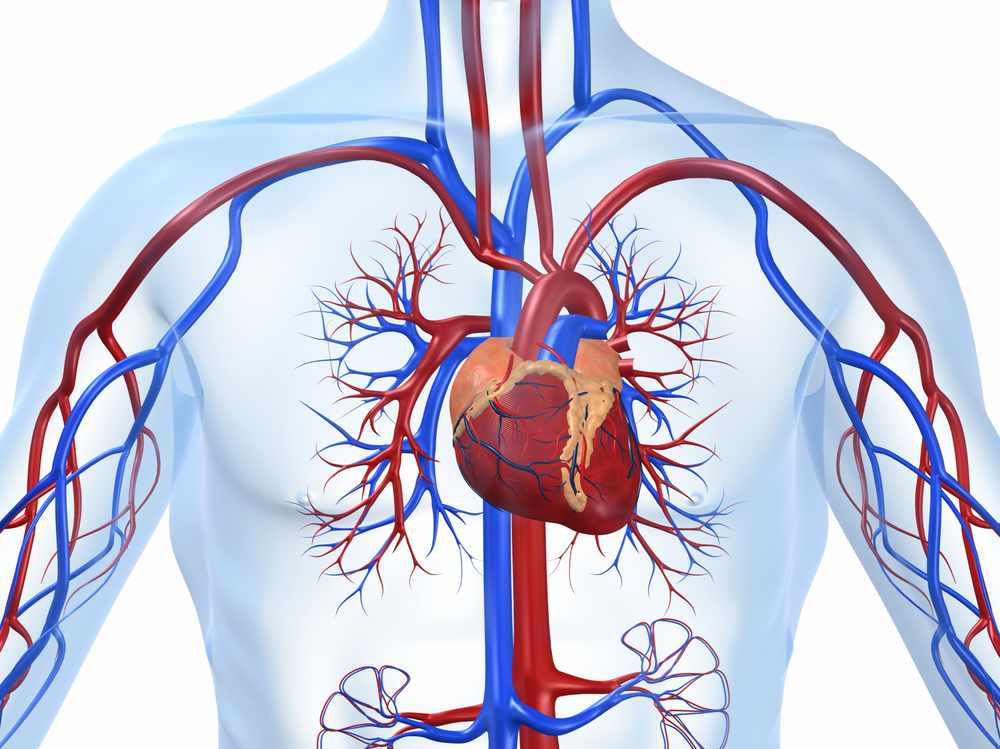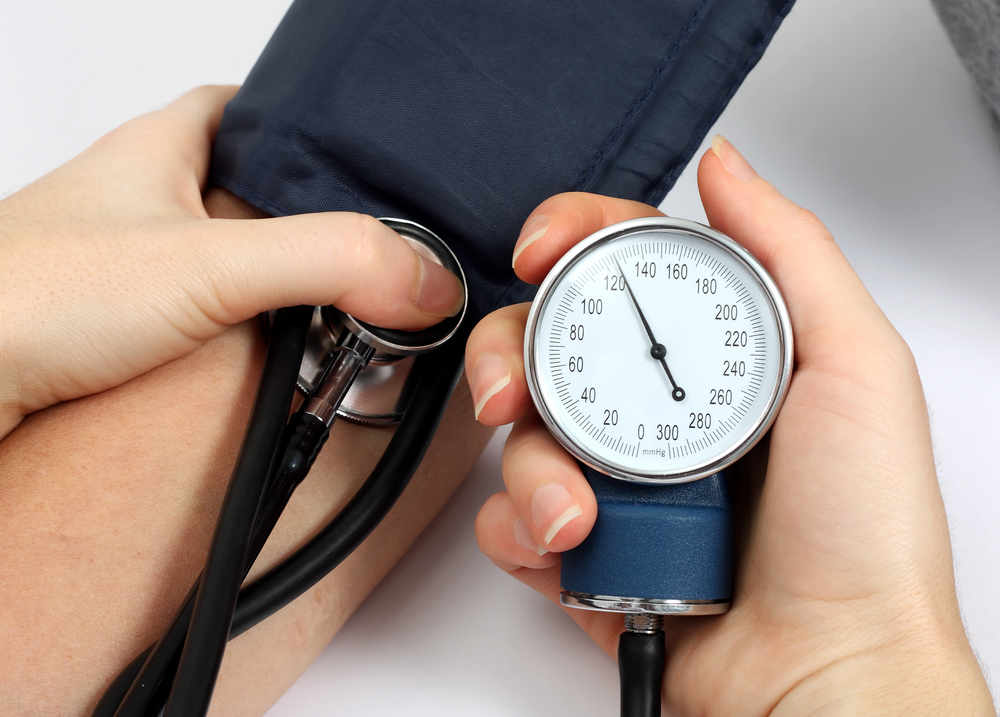- Island has lower rate of heart disease and strokes than UK
- Jersey ranked fifth out of 151 regions for deaths due to heart disease and stroke
- Islanders active lifestyles praised as reason for lower rate
- Do you think Jersey is a healthy place to live? Take part in our poll below
JERSEY has one of the lowest death rates from heart disease and strokes when compared to UK regions, according to a new report.
But consultant cardiologist Dr Andrew Mitchell said that due to its success in treating patients, the department’s workload was increasing and that the number of people treated is predicted to rise between five and ten per cent per year.
He added that a department covering a similar-sized population in the UK would have up to five times as many cardiologists.
However, Dr Mitchell said that the ‘principal problem’ that the department faced was lack of space.
- Cardiovascular disease is the biggest killer of men and women in the UK
- 80-90 per cent of premature coronary heart disease is preventable
- Every six minutes, someone in the UK dies from a heart attack
- Over a half of patients who die suddenly from heart attacks have no symptoms or warnings before their death
- Women are three times more likely to die from heart disease than breast cancer
If more cardiologists were appointed there would be nowhere for them to see patients.
‘The more people that we keep alive, the more work that we have got,’ he said.
‘We are going to get busier and busier, with a projected growth of around between five and ten per cent per year.’
Dr Mitchell called for more ‘cross-Island’ work between Jersey and Guernsey, so that fewer people would need to be transferred to the UK for heart treatments.
‘They can send work to us, we can send work to them and less to the UK.’
Despite staffing issues, the recent Healthier Lives Initiative report published by Public Health England showed that Jersey has one of the lowest death rates from heart disease or strokes in the UK. Between 2011 and 2013, 86 Islanders died from either heart disease or stroke before their 75th birthday.
Jersey ranked fifth out of 151 regions for deaths due to heart disease and stroke and eighth out of 151 for ischaemic or coronary heart disease.
Last year the number of patients referred to the Hospital’s cardiology department had almost doubled since 2008, which Dr Mitchell believes is in part due to the ‘fabulous’ GP service intervening at an earlier stage.
Dr Mitchell attributed the low death rates to the work of GPs, his department and Islanders’ active lifestyles.
He said: ‘People in Jersey do a lot more exercise but they drink a lot more alcohol whereas in the UK, people do not drink a lot but they do not do any exercise as well and they spend their whole day sitting down. So it is about promoting a healthy lifestyle.
‘Jersey has always done that quite well and people in Jersey generally do a lot more sport and exercise than in the UK.’
Helen O’Shea, managing director of the Hospital, said that lack of space in the cardiology department would be addressed within the design of Jersey’s new Hospital.
She added that as a result of investment from the Health Department, the cardiology team is now able to provide treatments that would previously have only been available outside the Island and stated that the department was currently able to meet the needs of Islanders.
‘Our Island context is important when we decide how many consultants we need to employ in a particular speciality,’ said Mrs O’Shea.
‘There is no doubt that with our ageing population, the demand for cardiology services will rise in the coming years, although at present referrals to the service are fairly static.’
Causes of heart disease

Heart disease or cardiovascular disease happens when there is a build-up of fatty deposits in your arteries, which makes it harder for blood flow through your arteries to your organs and tissue. If a blood clot forms, it can stop the blood flow and this can cause a heart attack or stroke.
The build-up of fatty plaque in your arteries can be caused by a number of different factors, including
• Smoking
• High cholesterol
• High blood pressure
• High amounts of sugar in the blood due to insulin resistance or diabetes
• Blood vessel inflammation
Causes of stroke

A stroke happens when an artery to the brain becomes blocked or ruptures. As a result, blood flow is cut off to a part of the brain, depriving cells of oxygen and glucose from the blood supply.
As you get older, the arteries can naturally narrow, but certain things can accelerate the process. These include:
• Smoking
• High blood pressure
• Obesity
• High cholesterol levels
• Diabetes






